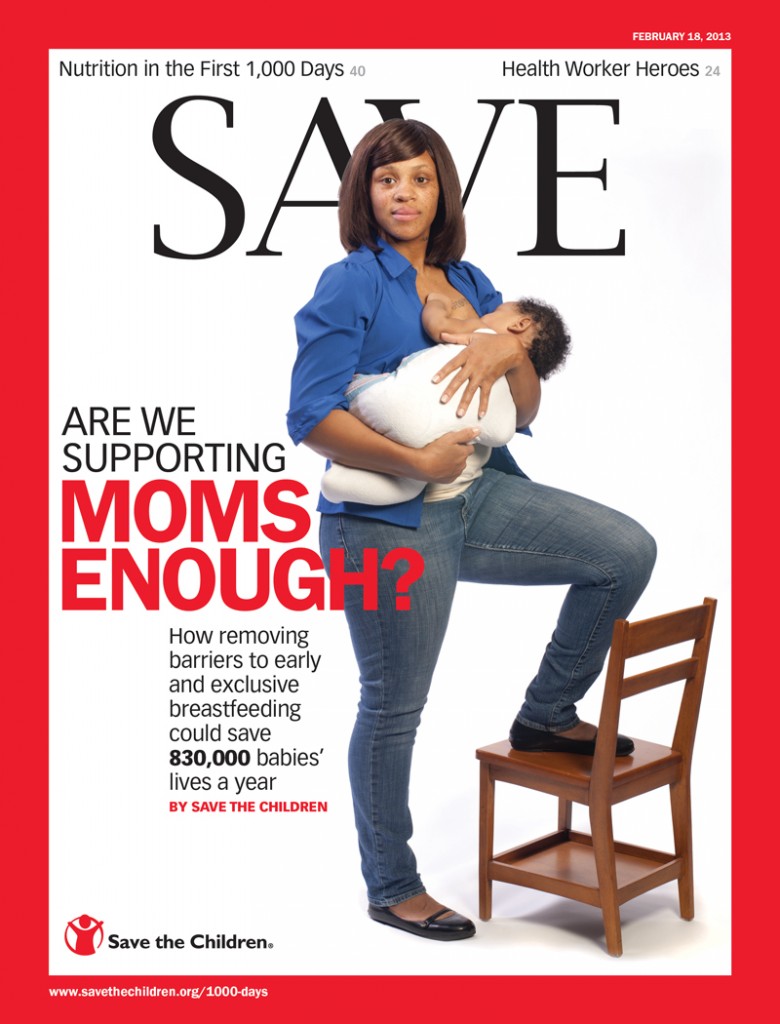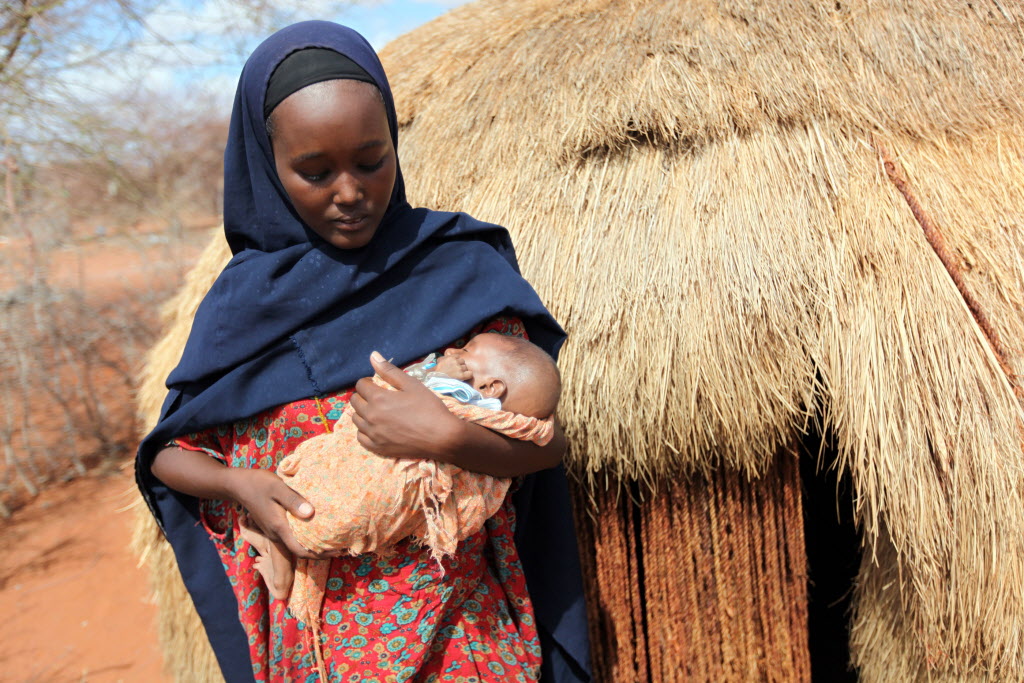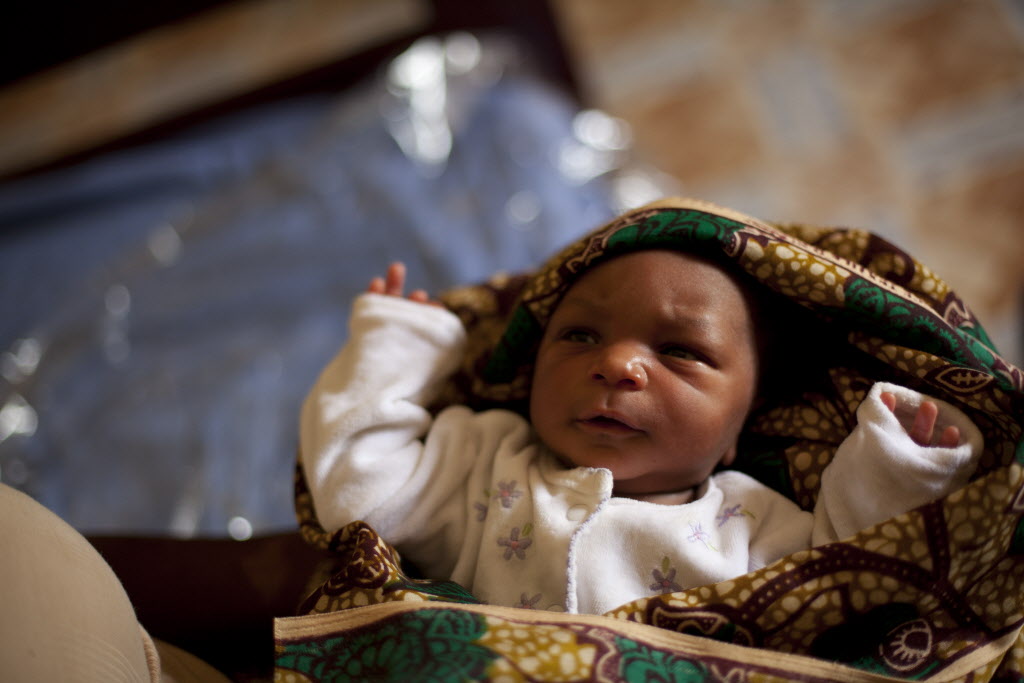I am a huge supporter of breastfeeding babies. I nursed both of my boys for fifteen months, even with little familial understanding or support. Luckily, I constantly read about the importance of breastfeeding a child and was under the care of doctors who encouraged it as well. No one coined breast milk as a “superfood” per se but they might as well have.
I delivered my boys in two great hospitals, both of which I’ve learned are considered “baby-friendly” hospitals. I was lucky. Unfortunately, many women in both the United States and abroad, aren’t dealt that same hand.

At both hospitals, I was asked immediately after delivering my sons (and maybe even before), what my feeding plans would be. With my first son, it was challenging to get the hang of the process, struggling not only from the pain of a c-section but also the pain of the new sensation. However, with the help of the lactation consultants, we were able to get him feeding. They even followed up with me once I was sent home.
I appreciate that in the first hour, someone helped me. Physically and mentally. My boys were given a chance to get the best nutrition a newborn can ask for. I share a personal experience about breastfeeding here:
http://youtu.be/M-WI8EeWQ2Y
Unfortunately, in the developing world, many children aren’t given that fighting chance in that first hour. According to Save The Children’s new report on breastfeeding, some cultures and communities believe that babies should drink something else before they start breastfeeding. The report looks at how hundreds of thousands of babies lives a year could be saved through breastfeeding and what it will take to get there. Some babies are fed drinks like water, herbal tea, sugared water, animal milk, and ghee. These drinks do nothing more than reduce the appetite and thirst of the baby which adversely affects their ability to latch on effectively.
In India, there’s a belief it [drinking something else] helps remove the meconium (dark first stool). Many cultures discard the colostrum. In India this often relates to religious belief, but also that it is thick, unclean and the removal helped the child suckle more easily. In Afghanistan, people believe it should be discarded because it’s been in the breast for 9-10 months. In Niger, tradition says that colostrum is dangerous for infants and should be thrown away.

In 2010, the United States joined a 1,000 day international partnership to help countries like Indonesia, Tanzania, Ethiopia, and Bangladesh develop strategies to fight childhood malnutrition through supporting breastfeeding babies and other efforts. That 1,000 Days Partnership expires in June. Save the Children is calling on Secretary of State Kerry to renew the program. I’ve signed the petition, and you can too. It takes less than a minute. Go here –> http://www.savethechildren.org/1000-days.
The Save the Children report is comprehensive and provides tons of facts and information to make the case for continuous breastfeeding support in the developing nation as well as here in the United States. You can read the report here: www.savethechildren.org/BF-report. Five facts that stuck out at me were:
- Only 6.7 % of births in the U.S. occur in “Baby-Friendly” facilities that meet international guidelines for supporting breastfeeding, and the U.S. has the weakest levels of maternity legislation in the industrialized world..
- Breastfeeding not only protects against malnutrition, it strengthens babies’ immune systems. The colostrum (first milk) jump-starts a baby’s immune system, and more often leads to extended breastfeeding.
- 1,000 days is the critical time from pregnancy and a child’s second birthday where there are the best chances to prevent malnutrition.
- Most of the 38 industrialized countries provide the recommended 2/3 pay during maternity leave, 5 countries provide between 30 (Japan) and 60 (Czech Republic) percent. In Australia and Denmark, maternity leave is funded by employers, but in the US there is no requirement at all that women be paid while on maternity leave, although some employers choose to.
- Breastfeeding rates have actually stagnated around the world over the last 20 years – and remain below 40% globally.

As always, I pose the question – what can you do? How can you help? First, sign the petition for Secretary of State Kerry to renew the 1,000 Days partnership. And two, read the report and share it so that we can get more people to support the petition and further the breastfeeding cause.
Leave a Reply